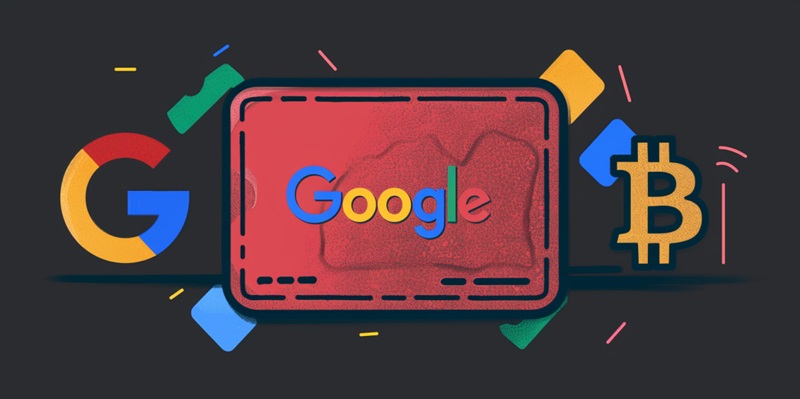Google has recently rolled out a new feature that integrates cryptocurrency management directly within its search engine interface. In a move that signals the tech giant’s recognition of digital currency’s growing relevance, users can now insert a crypto wallet address into the search bar to receive insights about the wallet’s balance and transaction history. The service is comprehensive, extending support to various blockchain networks, including Bitcoin and Avalanche, allowing a transparent view of transactions and balances for the associated tokens. This development is indicative of a shift in Google’s stance toward cryptocurrencies, as it facilitates greater access and visibility for crypto assets, aligning with the sector’s expansion into the financial world. The feature underscores the tech leader’s adaptation to the evolving landscape where cryptocurrencies play a pivotal role.
The ability to track cryptocurrency wallets via Google search facilitates instantaneous access to financial data that previously required specialized tracking tools or direct blockchain exploration. Importantly, the system includes support for multiple Bitcoin address formats, such as P2PKH, P2SH, and Bech32, which enhances its versatility and usefulness. This development not only simplifies the process of digital asset management for users but also propels Google further into the financial lives of its user base, positioning the tech behemoth as an essential hub for financial information.
Privacy Considerations
Google’s recent move to integrate cryptocurrency data into its finance platform has been met with mixed feelings. While the service offers a great deal of convenience for crypto investors, there’s a looming concern about the centralization of data, which could potentially clash with the core value of anonymity in the crypto world.
The ability to easily track and manage various cryptocurrencies via Google is certainly an attractive feature for users needing to navigate the complex world of digital assets. However, this development has ignited a debate on the delicate balance between ease of access to information and the preservation of user privacy in our increasingly digital society. As technology progresses, this compromise between convenience and privacy continues to be a critical conversation in the realm of personal data and financial sovereignty.

